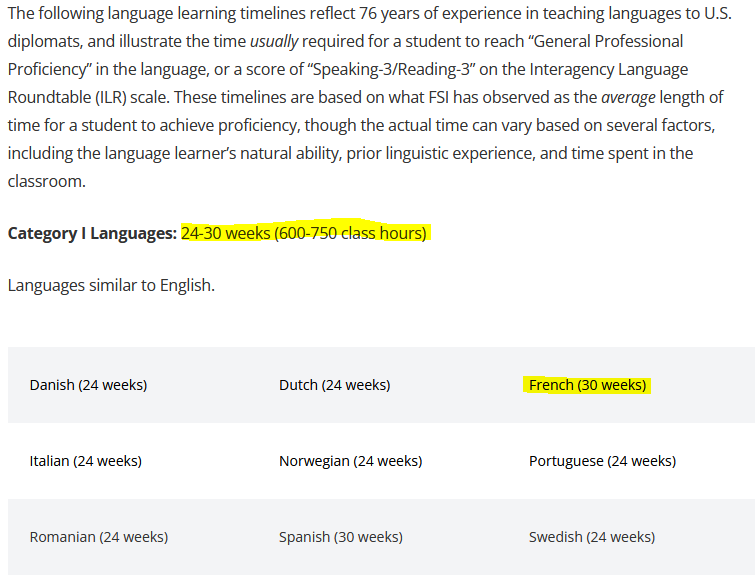We are all impatient to progress faster, but in my experience, the only way to progress faster is to read/listen more every day. I occasionally refer to a grammar book, but only when I’ve started to become curious about a particular grammar feature which I’ve seen a lot, and feel like I almost understand. Then a quick explanation can help a bit. I understand the grammar point better for a few minutes, but in a few days I’m back to where I was, really. It’s basically a waste of time, though it feels good for awhile.
Another example: this last autumn I decided to take the B1 exam, just to confirm I was somewhere between B1 and B2 in French. Of course, to pass a DELF exam you not only need to know the language, you need to know the test methodology, so I spent a good part of a month prepping for the exam. I did pass, but afterwards, I felt like I had lost a month of real study (i.e. input) and had actually fallen back a bit.
Instead of taking DELF tests to measure my progress, I am now using LingQ to measure words read, and to some degree, known words. I’m a little skeptical about the known words measure, because it only measures words I know when reading. It does not measure words I am able to actually use in conversation, which are much fewer.
However, I do believe that words read is a good measure of progress, because I think that fluency is directly related to words read. My goal this year is not to pass the B2 exam (which would require a large investment of time to prep for), but to read 2 million words.
BTW, I study French every day for at least an hour, usually more. I also live in the South of France, so am able to interact with real French people. I think that one level per year is a good and realistic goal, especially when you get past the basic levels. The difference between B1 and B2 for example is VAST – probably as difficult as going from A0 to B1. In other words, the road gets steeper and steeper as you go along. Looking for short cuts is a waste of time, in my opinion and experience.
We shall see!



